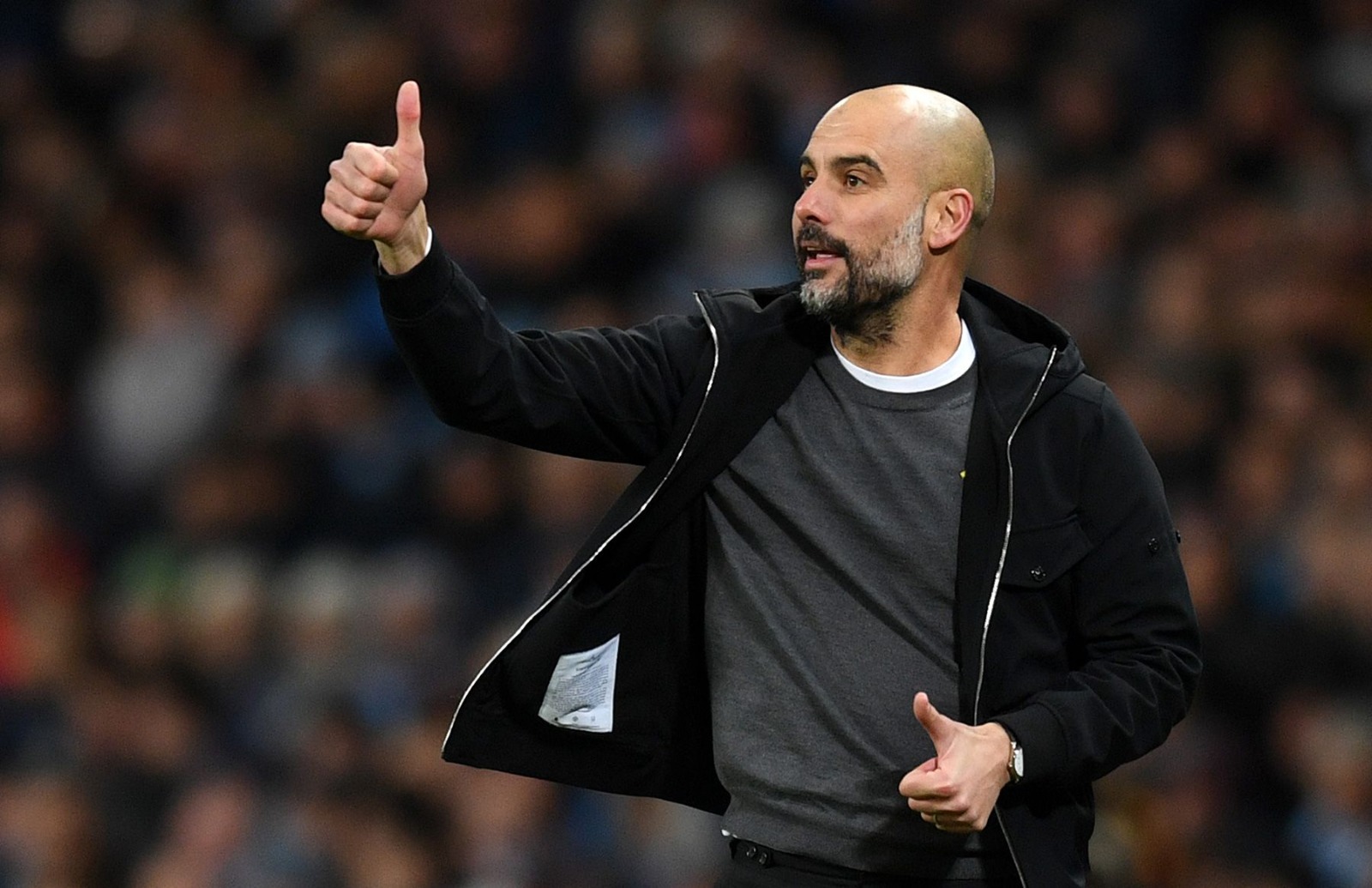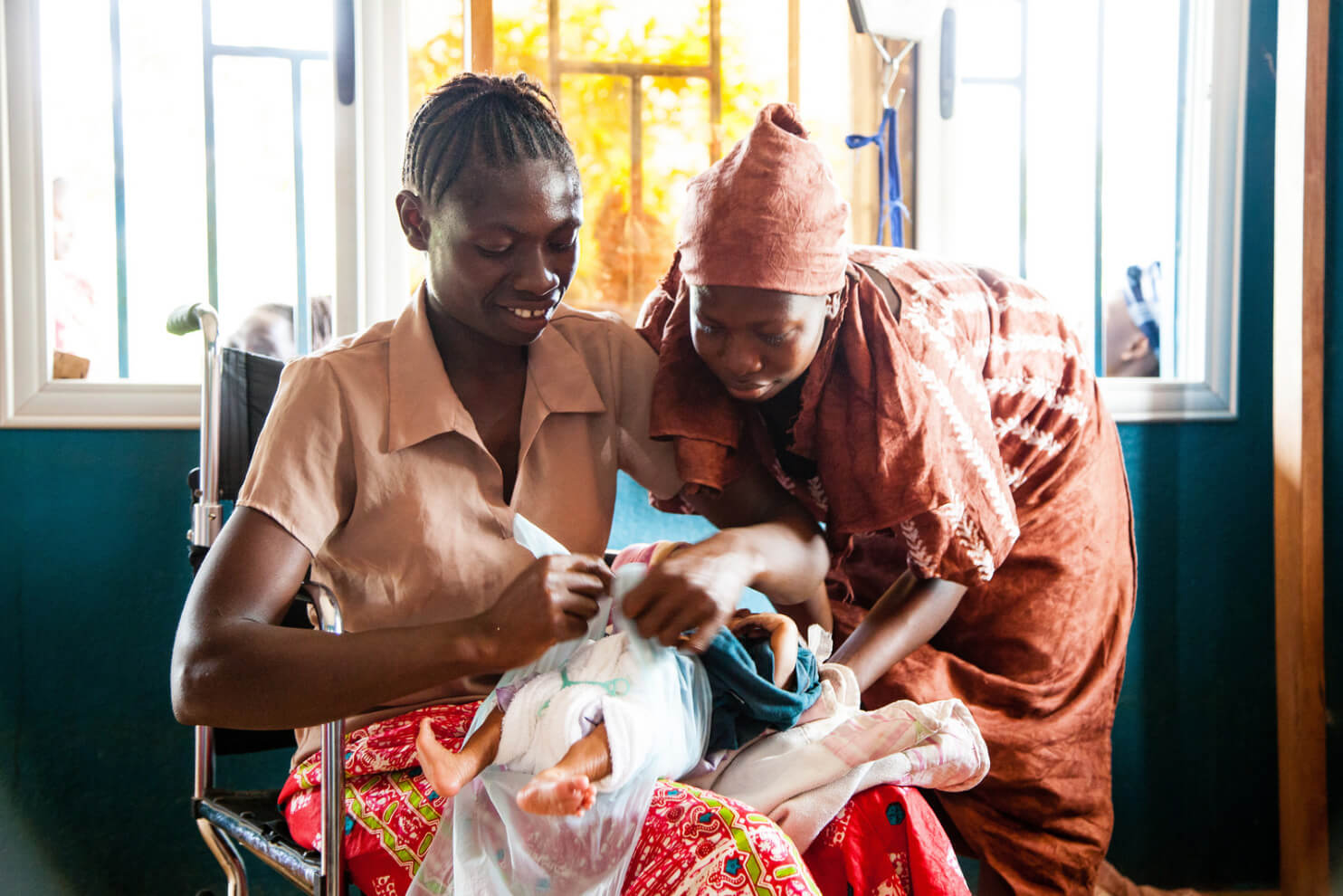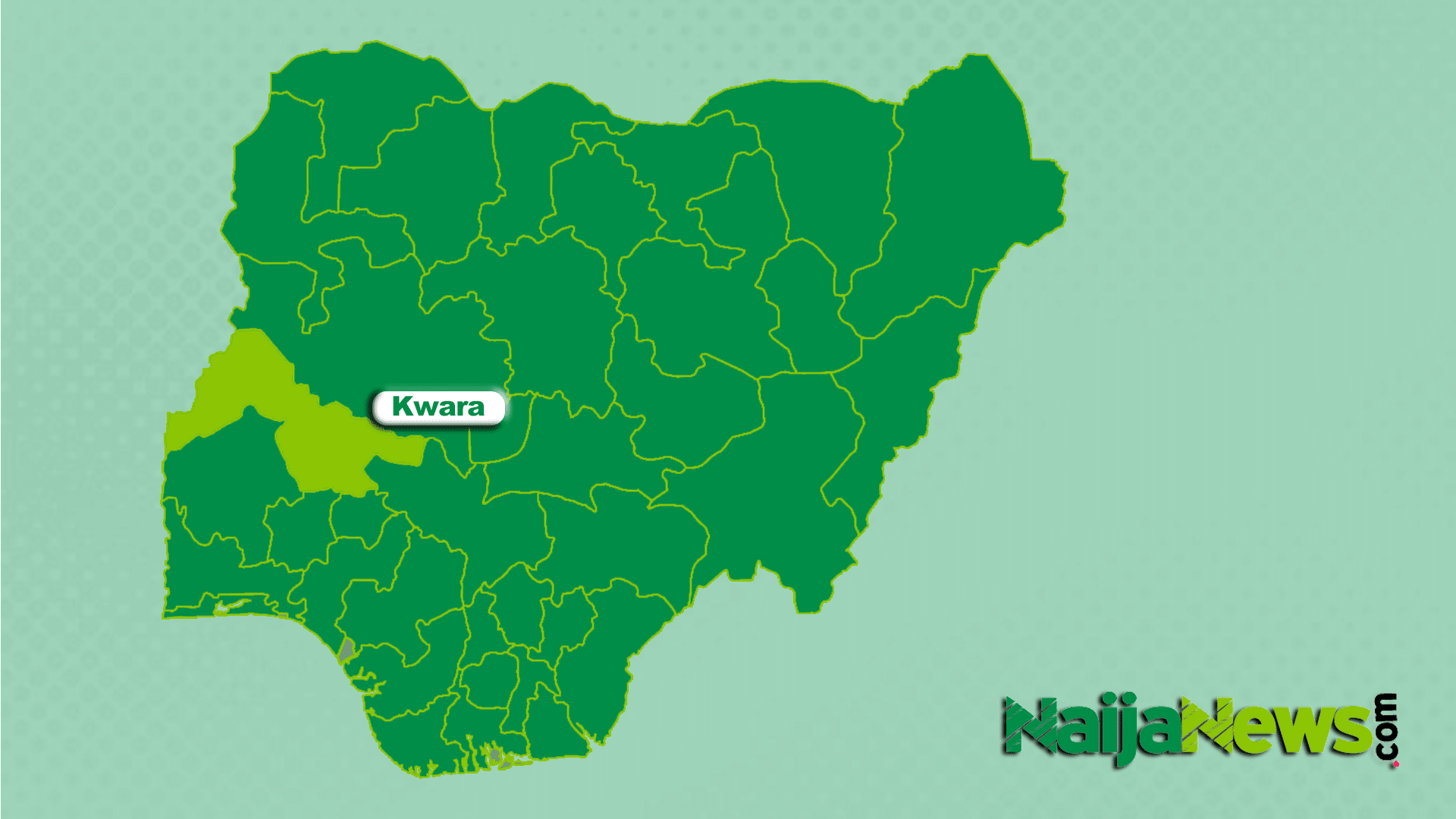Whatever you do in Nigeria, please make sure you are not poor, do not fall sick and do not get into trouble with law enforcement and the judiciary. If you manage to avoid these three particularly, the law, you may just be lucky enough to live to old age.
When it comes to navigating the law in Nigeria, Lady Justice appears to be selective with how she metes out justice considering the inconsistencies in the application of laws, where certain groups or individuals are treated more leniently or more harshly than others based on factors like political, ethnic, social, or economic status.
Selective justice in Nigeria has been a recurring issue, often spotlighted by incidents where marginalized groups including women and young people, low-income earners, protesters, and individuals advocating for social change face disproportionately harsh legal consequences.
In November 2020, after the unfortunate incidents of the #EndSARS protests, many protesters most of them young people were detained across the country under trumped-up charges. To date, some of them remain in police custody or prison with human rights advocates calling for their release and cancellation of the charges.
Four years later, on November 1, 2024, Nigeria witnessed another widespread protests under the #EndBadGovernance movement, driven by grievances over issues such as corruption, inflation, hunger, high cost of living, fuel price increase, insecurity, police brutality, and inadequate infrastructure. Among those participating were minors—some barely in their teens—who joined these protests to call for a better future.
Protest and Punishment
Following the protests, 119 young protesters, including minors were apprehended and faced a ten-count charge of alleged treason, and conspiracy to commit a felony with intent to destabilise Nigeria, contrary to section 96 and punishable under section 97 of the Penal Code Act. Allegations that were grossly overkill and in no way commensurate to the protests.
The show of shame in court on national television and other media platforms sent a wave of shock across the country and globally. Reports indicate that the minors were detained without access to legal representation or contact with their families for over 90 days pre-trial.
While the legal system should, in principle, prioritize the protection and rehabilitation of minors, these children faced severe punitive measures for simply exercising their right to peaceful assembly.
These arbitrary arrests and detention of ordinary Nigerians have become commonplace in Nigeria. Unlike high-profile individuals who may face accusations of corruption or violent crimes but often evade trial or receive bail swiftly, these minors were subjected to prolonged detention periods without regard for their rights as children.
Many Nigerians watched in disbelief and anger as the young people were arraigned in court looking hungry, dishevelled and possibly tortured.
One would think that law enforcement agencies and the judiciary would exercise some prosecutorial discretion and legal representation but alas, that was not the case. Many of these minors were arraigned without the benefit of adequate legal counsel. Some were reportedly coerced into confessions or made to sign statements they didn’t understand, which raises serious ethical concerns when compared to how prosecutors handle cases involving influential figures or groups aligned with those in power.
The bail conditions set for some of the minors were prohibitively high, making it impossible for their families to secure their release. This heavy-handed approach highlights the double standard applied to ordinary citizens compared to elites or connected individuals who typically face more lenient conditions or expedited processes.
Furthermore, while young offenders are usually placed in rehabilitative, rather than punitive settings, these minors faced incarceration in adult facilities, exposing them to harsh conditions and even abuse. This punitive stance reinforces a sense of selective justice in the judicial system’s treatment of those challenging the status quo.
It took the intervention of President Bola Ahmed Tinubu who ordered their immediate release after many Nigerians called out the sham terrorism trial of the young #EndBadGovernance protesters to stop the charade.
To my Friends, Everything; to my Enemies, the Law.
For cases involving high-ranking persons in Nigeria, the rich and powerful often get only a slap on the wrists while ordinary Nigerians get a hammer. There is hardly any evidence of accused or convicted public officials or politicians been subjected to this level of inhuman treatment.
In many cases, at the first appearance in court, they would have secured bail to travel abroad for treatment. The comedic script they all display in a wheelchair, fainting spells and doctors in tow is a testament to the unequal treatment that the poor and the rich get in the Nigerian law enforcement and judicial system. High-ranking officials accused of more serious offences, often have the privilege of top-notch legal defence, bail and access to the best legal procedures, ensuring their rights are fully protected.
While public pressure did result in the minors being released or having their cases dropped, this was more a result of advocacy and social media campaigns than judicial integrity. This shows that the justice system’s response can be swayed by public outcry rather than a consistent application of the law, leading to a perception that justice is conditional rather than impartial.
The reliance on external intervention for fair treatment of these minors underscores the selective nature of justice: without significant public attention, many would likely have remained detained or convicted. This situation has far-reaching implications for justice and governance.
The inhuman treatment of these minors in court has underscored broader questions about governance and accountability in Nigeria. For many, it has become a case study of how the judiciary, which should ideally uphold democratic rights, can be an instrument of oppression against those challenging government inefficiency and corruption.
Furthermore, the handling of these cases raises important concerns about the future of justice in Nigeria, particularly as it pertains to the country’s youth. Selective justice erodes public trust and creates a perception that the legal system is an extension of the government rather than an independent arbiter of the law.
Zero Accountability
While the case of minors arraigned over the #EndBadGovernance protests in 2024 serves as a compelling example of selective justice in Nigeria, it is also a warning to Nigerians not to further entertain thoughts of demanding accountability from the government otherwise they will suffer a similar fate.
By targeting vulnerable youth for exercising their right to protest, while more powerful individuals often evade accountability, the Nigerian justice system has highlighted its own biases. This episode not only raises concerns about the state of justice but also emphasizes the need for comprehensive reforms to ensure equal treatment under the law for all citizens, regardless of their social or political status.
On the heels of the shameful parade of sick and malnourished #EndBadGovernance protesters in court young people arraigned under questionable charges of treason, a young woman in Kano also dared to ask her state Governor for accountability and was arrested. Following her release, she was attacked by unknown persons and left for dead.
We are increasingly seeing a trend here where ordinary citizens who challenge poor living conditions, high cost of living and insecurity or protest poor governance are arrested and charged with treason.
Those who care about human rights and are committed to upholding the revered Office of the Citizen must not allow this trend to continue. Otherwise, that which we fear most may eventually befall us all as a nation.

 2 days ago
1
2 days ago
1















 English (US) ·
English (US) ·